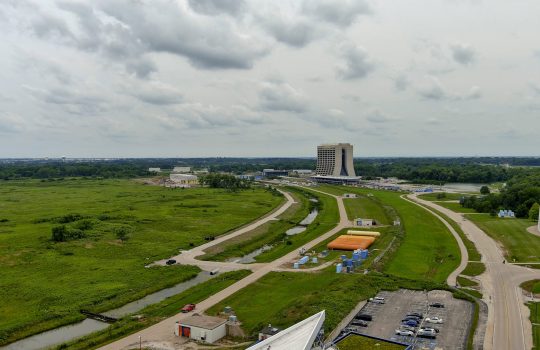Why is half the Universe missing?
From the Big Think, Nov. 30, 2022: Don Lincoln discusses that while the Universe we see is made solely of matter, there is no explanation for this fundamental asymmetry.
Understanding why the Universe was created with more matter than antimatter is key to understanding why anything exists.

